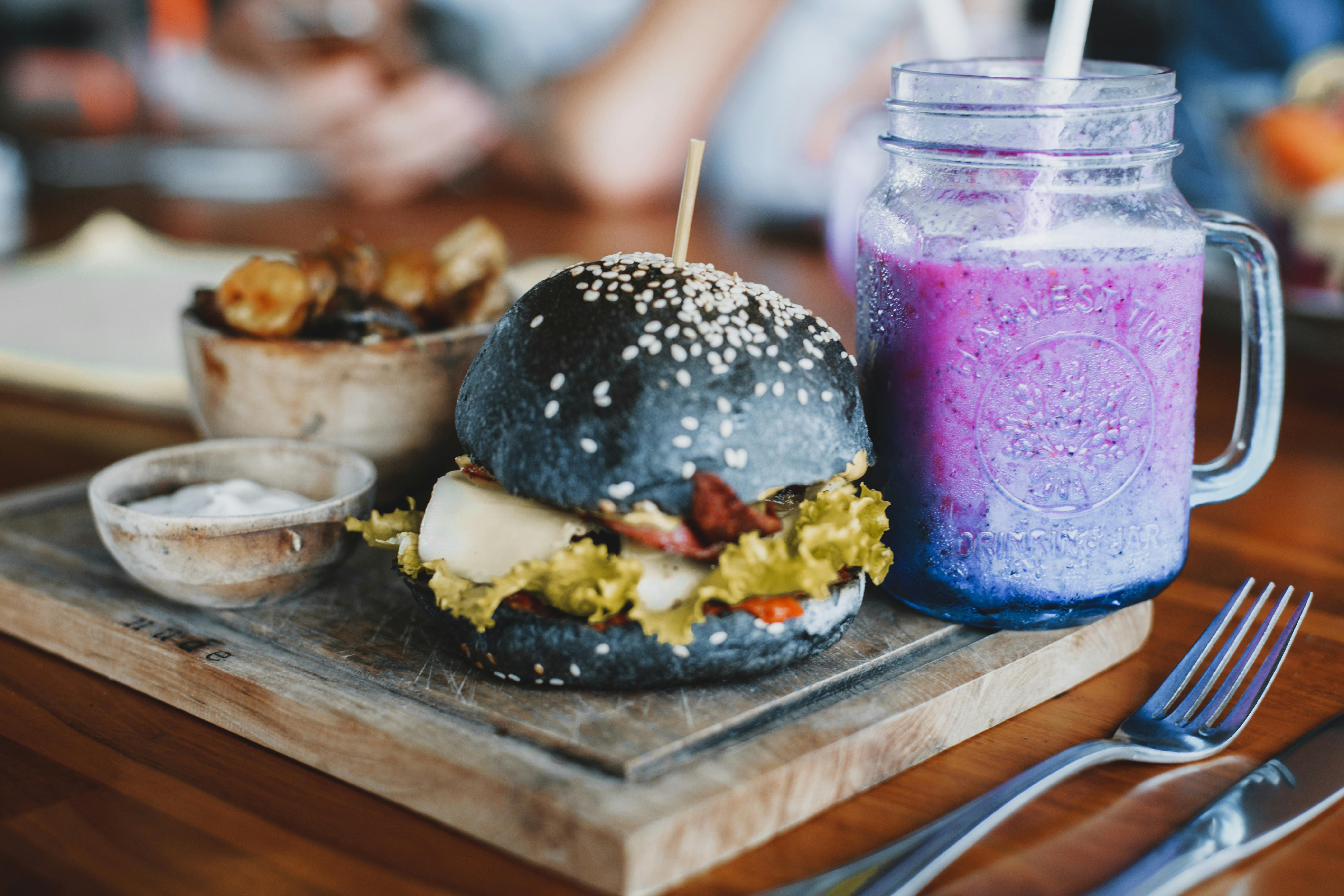Most of the talk about kitchen sponges revolves around the amount of bacteria they can harbor. Sure, that’s a very good point, but what about the effect of these disposable items on the environment?
How often do you change your kitchen sponge, once or twice a week? Imagine that it is repeated millions of times a week all over the world. It’s a huge amount of waste, especially since many sponges are made of plastic, making them just another item in our home that is derived from oil.
While changing your sponge regularly is good hygiene practice, try to buy one that is made only from cellulose fiber, and the cellulose comes from forest plantations or is recycled.
There is an additional danger with many synthetic sponges these days; they are often impregnated with chemicals such as triclosan. Triclosan is an antibacterial and antifungal agent and is registered with the Environmental Protection Agency as a pesticide. It is also used in many antibacterial soaps, deodorants, toothpastes, and cosmetics.
In addition to mounting evidence linking triclosan to health problems, it is also believed to destroy fragile aquatic ecosystems; especially algae that other animals may depend on, either directly or indirectly.
Since sewer and wastewater treatment plants cannot remove triclosan and the compound remains stable for long periods of time; it is posing a growing problem in our waterways; It is now one of the most common man-made chemicals found in US streams.
Any sponge package that claims it is antibacterial or destroys odors is probably best left on the supermarket shelf, as it likely contains triclosan or something equally harmful to the environment.
To help keep your “green” cellulose sponge free of nasty bacteria, try to keep it as dry as possible between uses. You can sterilize them by soaking them for a few minutes in boiled water, or try a dilute bleach / hydrogen peroxide solution.
With the bacteria alone, it seemed that we had developed a great paranoia about these creatures. Not only are there good bacteria, but to develop resistance to some of the less desirable ones, we need some exposure to them. While basic good hygiene practices should never be abandoned, the only thing we do when disinfecting everything we touch is weakening our immune systems and producing more robust bacteria.




